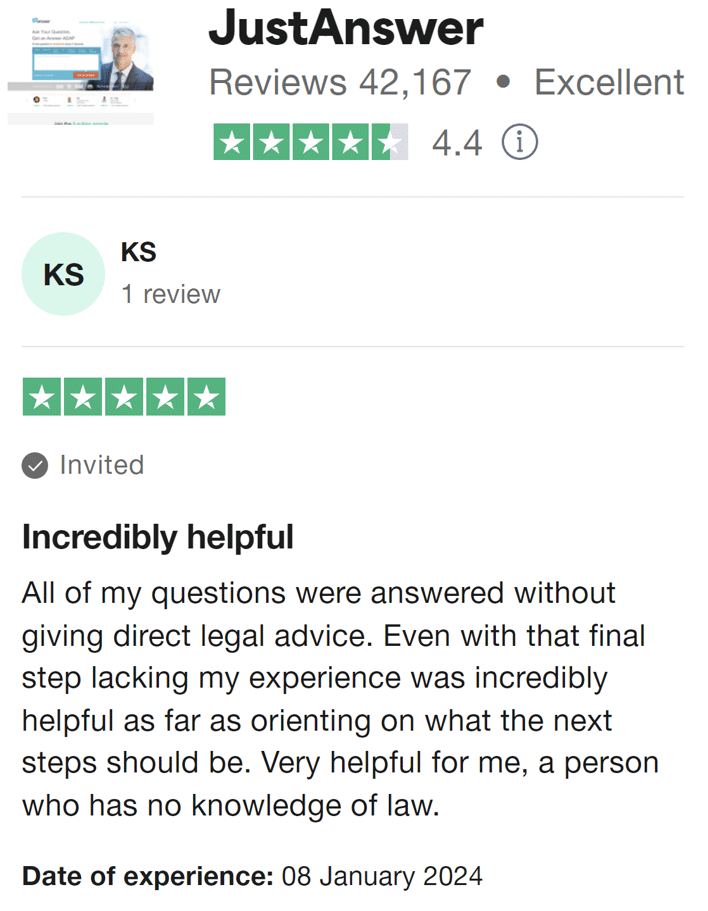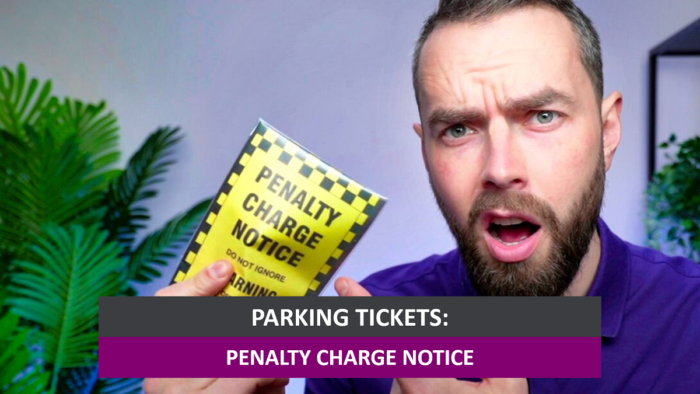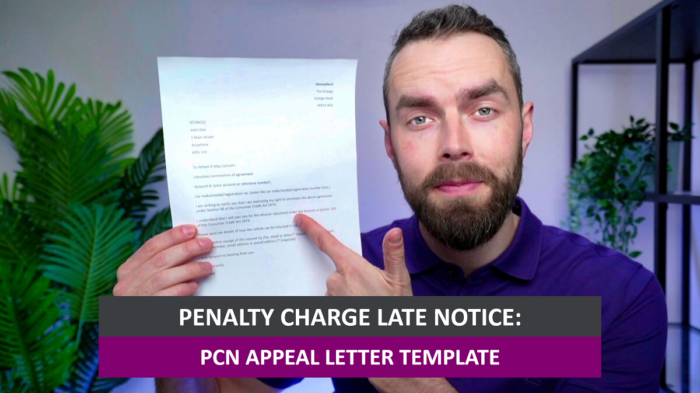PCN 5 Minute Observation Rule – Know Your Rights!
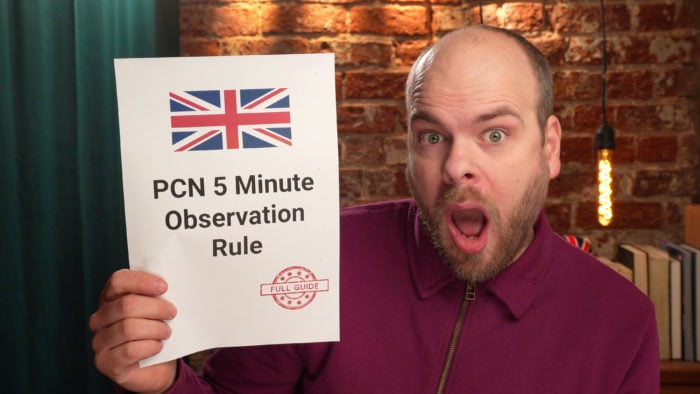
Receiving a Penalty Charge Notice (PCN) can be a headache, but you’re not alone. In fact, over 130,000 people visit our website each month to understand their fines and parking tickets, which is unsurprising, as Churchill Motor Insurance reports that in 2022, UK councils issued an average of 19,631 daily parking fines, a 12% increase from the previous year.1
In this article, we’ll help you with:
- Understanding what a PCN is and why you’ve received one.
- Figuring out if you must pay your PCN at once.
- Learning how to challenge the charge if you deem it unjust.
- Exploring cases where you might not need to pay.
- Knowing the possible outcomes if you decide not to pay.
We know the process can be confusing, and getting a PCN can be frustrating. That’s why we’re here – to guide you through the details.
Let’s delve into the PCN 5 Minute Observation Rule and your rights.
Most Appeals Succeed
In some circumstances, you might have a legitimate reason not to pay your fine.
It’s a bit sneaky, but the last time I needed legal advice, I paid £5 for a trial to chat with an online solicitor called JustAnswer.
Not only did I save £50 on solicitor feeds, I also won my case and didn’t have to pay my £271 fine.
Chat below to get started with JustAnswer
*Around 35,000 people dispute their tickets each year with the Traffic Penalty Tribunal, and a striking 64% of those appeals are successful, so it’s well worth a try.
What Is the Penalty Charge Notice Observation Time?
Check out this message from one motorist who got a PCN even though they were parked for 4 to 5 minutes on private land.
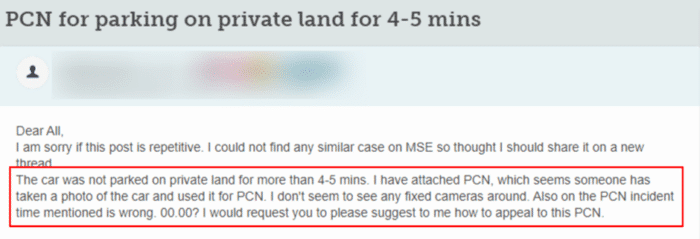
Source: Moneysavingexpert
» TAKE ACTION NOW: Get legal support from JustAnswer
When Does it Apply?
Successful Appeal Case Study
Situation
| Initial Fine | £100 |
| Additional Fees | £171 |
| Total Fine | £271 |
The Appeal Process
Scott used JustAnswer, online legal service to enhance his appeal. The trial of this cost him just £5.
| Total Fine | £271 |
| Cost of legal advice | £5 |
JustAnswer helped Scott craft the best appeal possible and he was able to win his case.
Scott’s fine was cancelled and he only paid £5 for the legal help.
In partnership with Just Answer.
Should You Pay the PCN?
Can You Present an Appeal?
The next stage is to escalate your appeal to an independent tribunal and their decision is final. To help you better understand the appeal process, here’s a quick table.
| Process: | Steps you should take: |
|---|---|
| When you receive the ticket… | You should gather as much evidence as you can to support your appeal claim and prove that the ticket was unfairly issued. |
| If you were given the ticket in person/attached to your car… | You must make an informal appeal (sent to the local authority/council that issued the PCN) within 14 days. This should be a letter with the evidence proving why the ticket was incorrectly given. |
| If it was posted to you… | You will be given 21 days to submit an informal appeal (from the day you received the letter). Your informal appeal should be a letter with the evidence proving why the ticket was incorrectly given. |
| If the informal appeal is rejected… | You will receive a Notice to Owner and will have 28 days to respond to this with a formal appeal. You can conduct the formal appeal online or via paper form. The Traffic Penalty Tribunal can send you one of these forms. |
| If the formal appeal is rejected… | You will receive a Notice of Rejection. From here, you are free to challenge the council’s verdict at an independent tribunal. |
| If the independent tribunal disagrees with your appeal… | You should pay the ticket within 28 days of the tribunal rejecting your appeal. If you don’t, the fine will be increased by 50%. If you don’t have the money to pay the fine, you should contact Citizens Advice or another debt charity. |
Join thousands of others who got legal help for a £5 trial
Getting the support of a Solicitor can take a huge weight off your mind.
Reviews shown are for JustAnswer.
Potential consequences of unpaid PCNs
You risk being given a County Court Judgement (CCJ) when you fail to pay a Penalty Charge Notice.
The issuer can ask the court to register the fine as a debt which can be enforced by bailiffs (enforcement officers).
A CCJ on your credit file will impact your ability to borrow money until it expires in 6 years.
Getting More Help and Advice
But make sure you double-check all the information you find online before deciding what to do.
Hire a Parking Solicitor for less than a coffee.
If you’re thinking about appealing your parking ticket then getting some professional advice is a good idea.
Getting the support of a Solicitor can make your appeal much more likely to win.
For a £5 trial, Solicitors from JustAnswer can look at your case and help you create an airtight appeal.
Try it below
In partnership with Just Answer.
